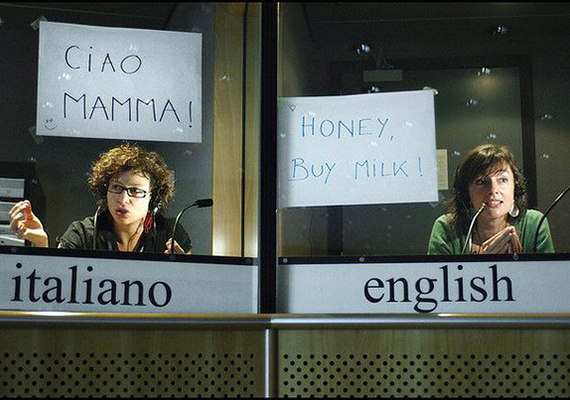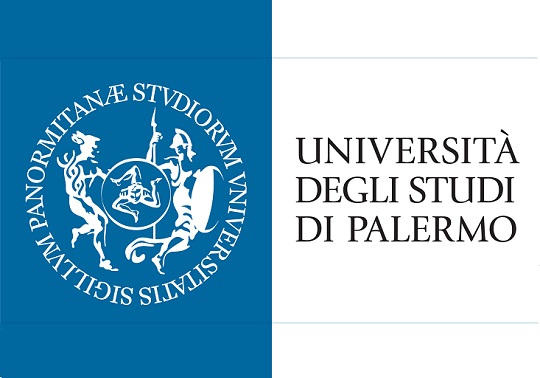
English is the predominant language of the European Union, but for most of its workers and diplomats it still is a foreign language. Including 24 official languages and many co-official ones, the use of False Friends and other linguistic mistakes have been normalized.
30 june 2016
Handling several languages at the same time multiplies the problems. A billion in English and a ‘billón’ in Spanish are not the same. A German ‘Billion’ does correspond to that in Spanish, but they also have the ‘Billarde’ (a quadrillion). In French ‘billion’ is correct (for a trillion), but it is also common to hear ‘mille milliards’ (a thousand milliards). Considering that the European Union holds 20 official languages more along with many co-official ones, the European project seems destined to fail.
Because of convenience, English has become the de facto language of European institutions (at the expense of French and German), but this does not take away the fact that English is still the second, third or even fourth language for the majority of its representatives. Many small expressions or formulas which are common, for example, in Roman languages, have been copied textually in official documents and speeches giving way to an EU English or Eurospeak.
Tired of reading linguistic aberrations, a EU veteran translator collected the most frequent mistakes of this kind he could find. Some are subtle, others are nearly barbaric. Here, we collect the seven mistakes which are easiest to avoid.
1. Heavy
European institutions sail through a sea of bureaucracy (bureaucrat-sea?). For a worker, it can become tiresome. But never heavy (except if the paperwork, indeed, weighs a lot). Alternatives? Complicated (you can add the prefix overly-), laborious, or even reformulating the sentence to talk about “unnecessary bureaucracy” using the expression red tape.
2. Important
If we talk about power, prestige, there is no problem with using this word. But it is wrong if we refer to size. “Una cantidad importante” is correct in Spanish; an important quantity is never correct in English. Alternatives? Significant or simply large.
3. Precise
Preciso is equivalent to ‘precise’. Everything correct in this regard. But the verb “precisar”, unfortunately, does not transform into to precise, because the verb does not exist in English. Likewise, precision does exist as a noun, but it can neither be put into a plural form nor mean “explanations” or “clarifications”. Alternatives? To specify or to clarify.
4. Punctual
Another example of a semi-false friend. If someone is on time, perfect. If you’re referring to “encuentros puntuales”, even if the participants have a characteristically British punctuality, it is better to use another word. Alternatives? One-off, Occasional, periodic or regular, depending on the situation.
5. Aids
One of the many cases when using the plural form of a word is not the best solution. In English, ‘ayuda/asistencia’ is translated as aid and it is an uncountable noun. Aids in plural refers to the disease (and it is written in capital letters). As an exception, and always following complementary words, there is a plural form (hearing aids, teaching aids) but they are isolated cases and specific devices. Alternatives? Aid (singular) or subsidies.
6. Evolution
One of the most common mistakes. Usually used to speak about change, about a tendency, it is followed by the adjective “negative” in many documents; this, according to the author, is an oxymoron. Alternatives? Development, trend, change.
7. Normally
A Gallicism usually avoided by Spanish speakers, but which is common in official documents. We can use normally to talk about something which usually occurs, but no about something which should happen or as a substitute of “if everything goes well”. Alternatives? Should (be), supposed to.
The full document is entitled Misused English Words and Expressions in EU Publications and its author is Jeremy Gardner, translator at the European Court of Auditors. You can check the 98 mistakes with their explanations, examples and alternatives by referring here.

.jpg)








